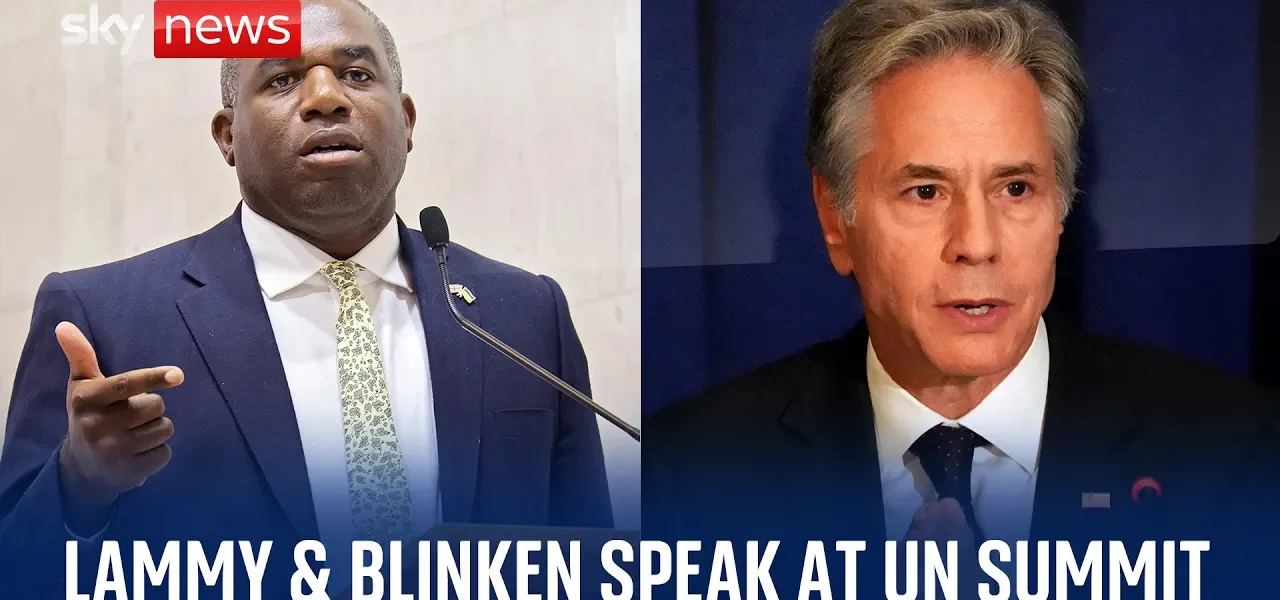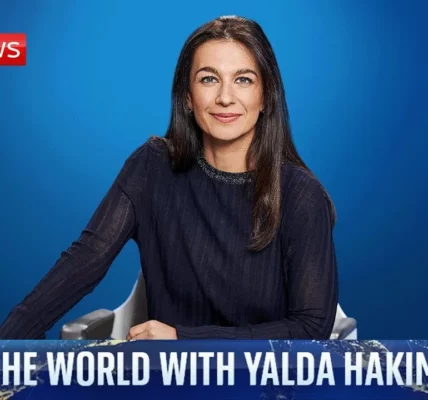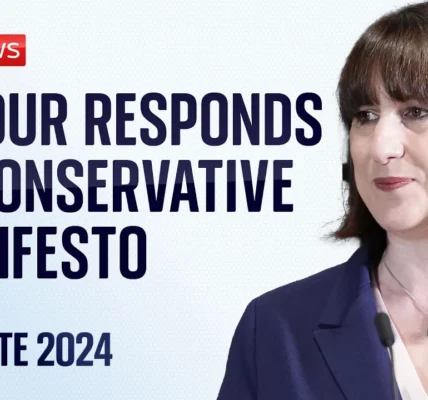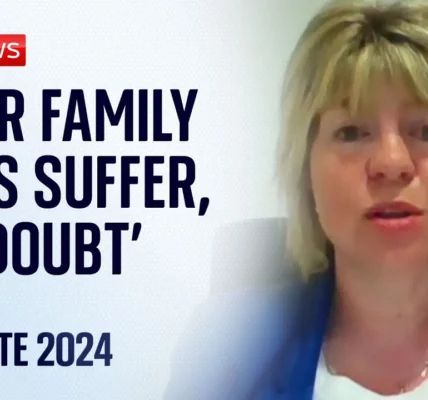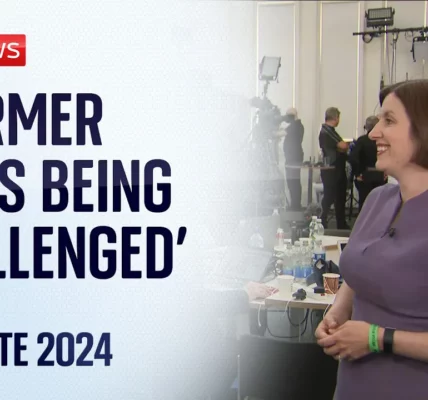Mr. President: A Call for Global Leadership and Multilateralism

This article delves into a powerful speech advocating for multilateralism, the significance of the United Nations, and the urgent need for global collaboration in addressing contemporary challenges such as conflict, climate change, and poverty.
Introduction
The speech delivered by a prominent leader at a recent summit encapsulates a deep commitment to multilateralism and the foundational principles of the United Nations. This leader, embodying a rich tapestry of identities, including a Londoner, Brit, and a lawyer of diverse heritage, passionately argues for the revitalization of the UN’s role in addressing the world’s pressing issues. With a historical perspective linked to the sentiments of Ernie Bevin from 1945, the speaker emphasizes the enduring relevance of the UN while acknowledging the modern challenges that necessitate urgent action.
The Importance of the United Nations
The United Nations stands as a beacon of hope for many, embodying the collective aspirations of nations worldwide. The speaker emphasizes that the UN’s purposes and principles are more vital today than ever, urging member states to recapture the founding spirit of the organization.
Historical Context
Recalling Ernie Bevin’s call from 1945, the speaker highlights the necessity for unity among nations to collectively address global challenges. This historical context sets the stage for understanding the UN’s ongoing significance in contemporary geopolitics.
Current Global Challenges
Today, we face:
- Increased conflicts worldwide, leading to significant economic costs estimated at over $900 billion.
- A record number of refugees and displaced individuals.
- Stalled progress towards sustainable development goals.
- Declining trust in multilateral frameworks.
Collective Global Leadership
The speech emphasizes the need for robust global leadership, particularly from member states, to address the pressing challenges of our time.
Preventing and Ending Conflicts
Highlighting the UK’s stance on various conflicts, the speaker advocates for:
- Upholding Ukraine’s sovereignty.
- Seeking an immediate ceasefire in Gaza and Lebanon.
- Supporting efforts to end the fighting in Sudan.
Such actions reflect a commitment to the principles of peace and security that the UN was founded upon.
Addressing Climate Change and Nature Crisis
The urgency for action on climate change cannot be overstated. With the new government in Britain, there’s a renewed commitment to clean energy.
Britain’s Climate Ambitions
The speaker outlines ambitious goals, including:
- Delivering clean power by 2030.
- Building a Global Clean Power Alliance.
- Protecting at least 30% of the planet’s land and oceans by 2030.
These initiatives aim to not only address local challenges but also contribute to a global response to the climate crisis.
Modernizing Development Approaches
In an ever-evolving global landscape, the speaker stresses the need for countries like Britain to modernize their development strategies.
Partnership Over Paternalism
Emphasizing a shift from traditional approaches, the speaker advocates for:
- Inclusion of indigenous people and local communities in decision-making processes.
- Utilizing technology effectively to meet sustainable development goals.
- Reforming the global financial system to amplify the voices of the vulnerable.
These reforms are essential to creating a more equitable global system.
Conclusion
In conclusion, the speech serves as a powerful reminder of the critical role that multilateralism plays in addressing global challenges. The call for action on conflict, climate, and poverty through a reformed multilateral system is not just necessary; it is imperative for peace and prosperity worldwide. As nations gather and direct their focus towards the United Nations, it is crucial for them to engage in responsible global leadership. The future depends on our collective efforts to create a livable planet for all. Join the conversation and support initiatives that foster international cooperation and understanding.
“`
